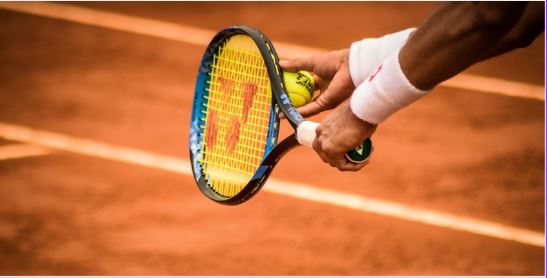The tennis world witnessed a significant advancement in injury recovery management on October 12, 2022, when the Paris Masters introduced an innovative AI-powered injury diagnostic system. This groundbreaking development, aimed at enhancing player safety and recovery forecasting, was implemented as a part of the tournament’s medical protocols.
The AI diagnostic system used in Paris is capable of providing rapid assessments of musculoskeletal injuries, specifically muscle strains, ligament tears, and joint instability. By analyzing data from medical imaging such as MRI scans and ultrasound, as well as player performance metrics, the system can predict injury severity and recovery timelines with high accuracy.
During the Paris Masters, over 50 players participated in injury screenings using the new technology. Players such as Alexander Zverev and Naomi Osaka, both of whom have dealt with injuries in the past, underwent evaluations that contributed to valuable insights into their recovery plans. In particular, the AI system predicted that Zverev’s long-standing Achilles injury would require extended recovery time, advising rest and physical therapy as the main focus for the next few weeks. Similarly, Osaka’s shoulder injury was accurately diagnosed, with the system recommending adjustments to her serving technique to prevent further strain.
Dr. Bouchard emphasized the importance of this technology in reducing recovery times and improving overall player safety. “This technology will help us provide more accurate diagnoses, ensuring players are not rushing back onto the court too soon and potentially exacerbating their injuries,” he explained. The integration of AI systems into injury diagnostics could also change the way recovery forecasts are communicated to coaching staffs and medical teams, enabling them to make informed decisions in real-time.
With the continued success of the AI-powered diagnostics at the Paris Masters, the tennis community anticipates the broader adoption of this technology across other major tournaments. The ultimate goal is to provide a more precise, individualized recovery plan for each athlete, improving their chances of making a safe and efficient return to competition.



